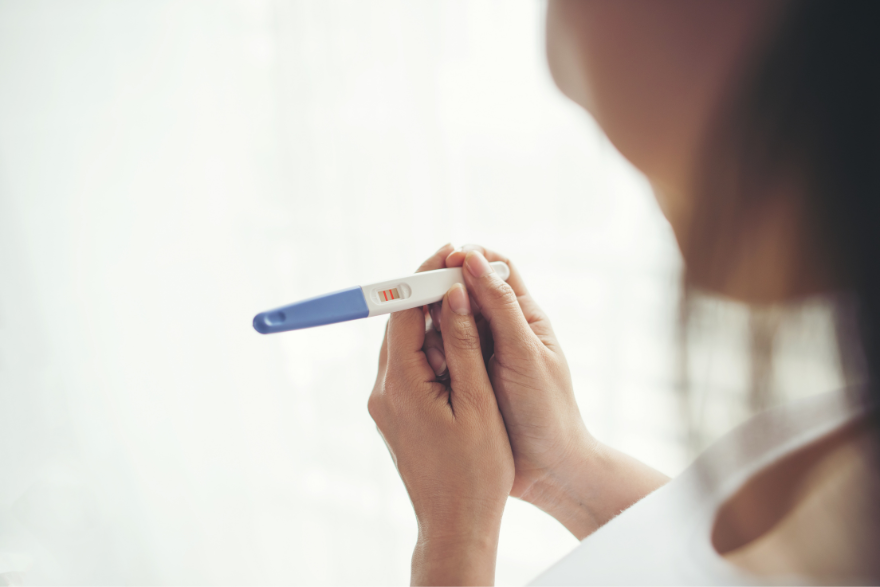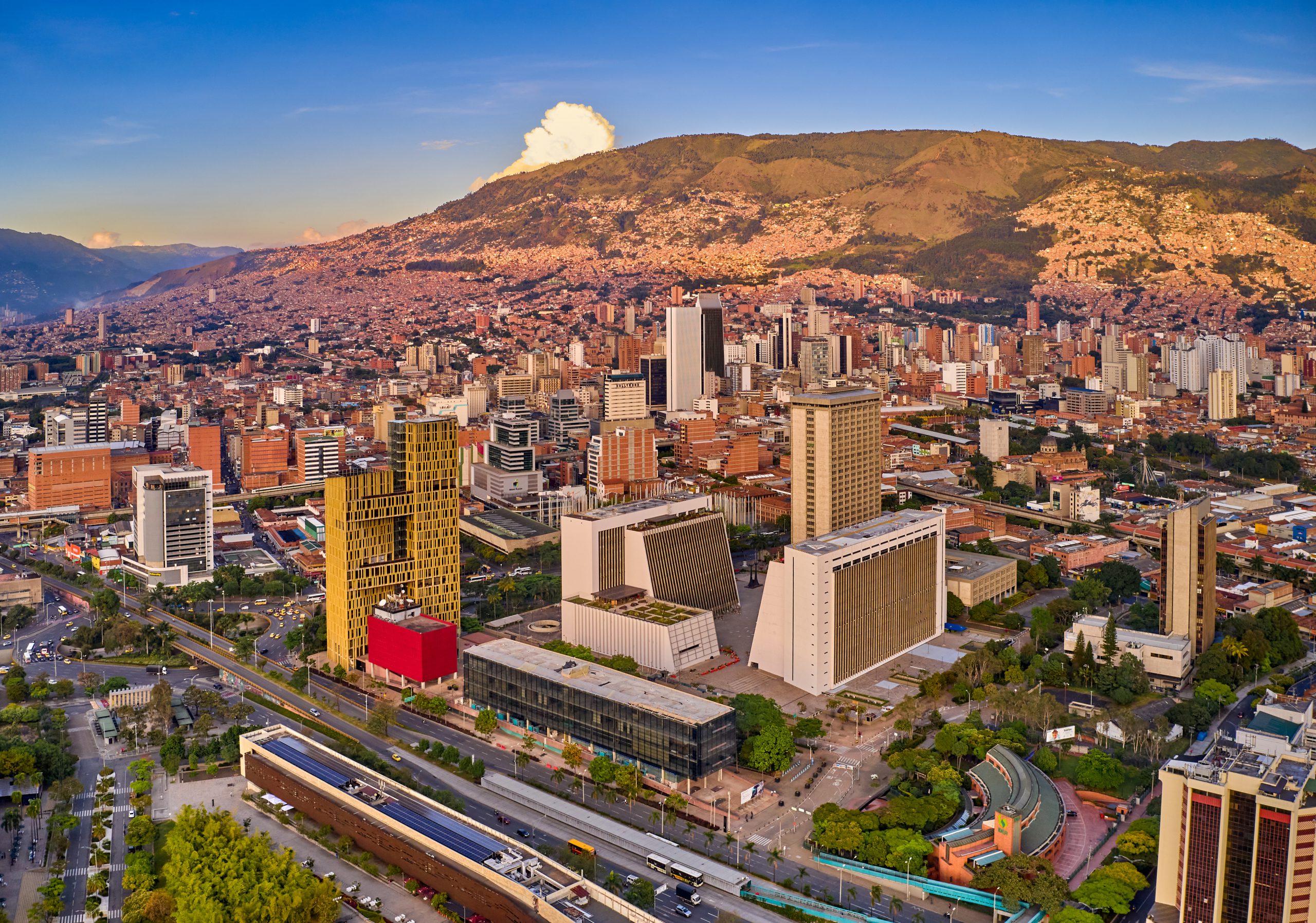It’s common to hear phrases that refer to a woman’s biological clock, aging, or loss of eggs when talking about fertility. But have you sit down to think about how much impact it has on your search for a pregnancy?
Over the years, the human body faces multiple physical and internal changes that directly affect the lifestyles of each person; however, little is said about the silent factor that affects the reproductive system of women, and with it the possibility of achieving a natural pregnancy: THE OVARIAN RESERVE.
When talking about ovarian reserve, it refers to the quantity and quality of eggs/oocytes that a woman has in her ovaries at a certain time.
Although it’s thought that the production of ovules is frequent and takes place every month, it is important to demystify this to know that women only produce oocytes during their fetal stage. The ovaries mature and care for the ovules to release them to be fertilized every month after the first menstruation.
During the gestation period (in the mother’s womb), female babies produce the total number of eggs they will keep throughout their lives.
On average, the reproductive system of women produces 6-7 million eggs during intrauterine life; however, in the beginning of the reproductive life that starts with the first menstruation, they have already decreased to 300,000 / 400,000, which shows that in this stage it has a reduced number of oocytes that, month by month, decreases, even more, when the ovary begins to release eggs to be fertilized.
The possibility that a 20-year-old woman can achieve pregnancy is approximately 35% per month; at age 35, it is 15%, and after age 40, it is 3-5% per month.
Although the ovaries are responsible for taking care of the eggs, it is crucial to understand that they are the same age as the woman and may even suffer from rapid aging, affecting their quality and quantity.
Even though advanced age is one of the most closely related factors to low ovarian reserve, it is not the only reason. Genetic-related issues, autoimmune diseases, infections, medications, and even environmental factors can also play a role in this condition.
Although it is a condition that can occur frequently, there are no specific symptoms that can lead to this diagnosis, except for the prolonged search for a successful pregnancy without success.
Despite this, some cases can lead to suspicion. For example, women with autoimmune, cancer, or genetic diseases.
YES, having a low ovarian reserve is not synonymous with infertility. With a specialist, a diagnosis can be reached that allows the complexity level to be identified to define the way to a successful pregnancy.
It is possible to achieve this naturally, but in more severe cases, alternative reproductive techniques increase the chances of having a child with a low ovarian reserve.
For more information:
- Medellín: Tel. +57(4) 268 80 00
- Bogotá: Tel. +57(1) 746 98 69
- Pereira: Tel. +57(6) 340 17 09
- Cartagena: Tel.+57(5) 693 0434









